6 home remedies for a sick chicken: Reduce swelling with honey, use molasses as a laxative, acidify the crop with white vinegar
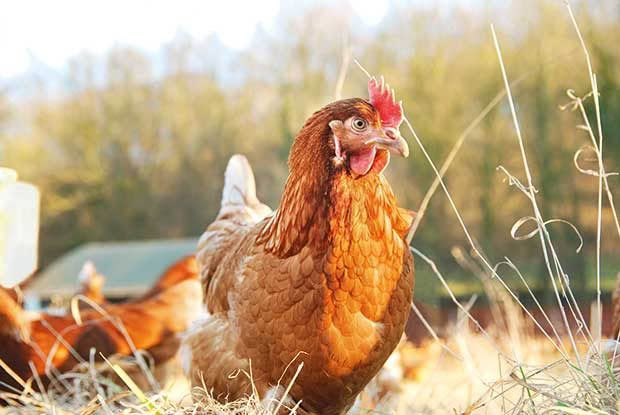
If you’re caught short with a sick chicken, a home remedy may help.
Words: Sue Clarke & Nadene Hall
When a chicken gets sick, you may not be able to get immediate help from your vet.
However, you might have access to a remedy in your kitchen or laundry.
A home remedy may give an animal relief and give you time to source more effective medication and advice. Please don’t rely on home remedies alone if you have an ill bird. Get advice from a vet as soon as possible.
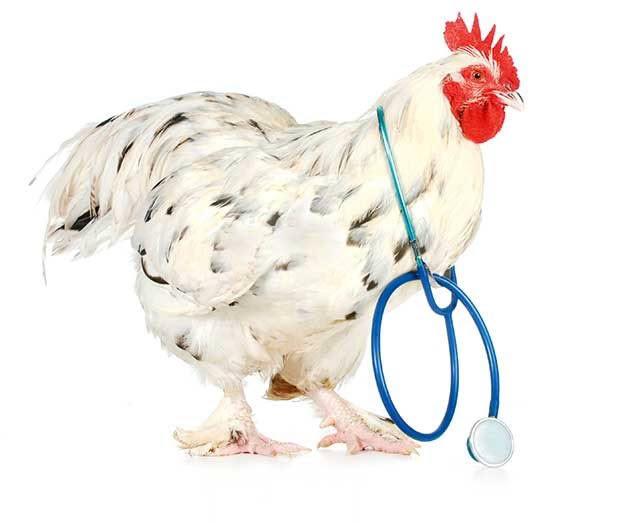
Some of the ‘remedies’ you read about online may contribute to the overall wellbeing of your birds. It’s highly unlikely they will be a cure for a parasite burden or a contagious disease.
In most cases, there is no science to prove they work. In all cases, any remedy should be used with caution: first do no harm. ‘Remedies’ you find could be toxic, or do nothing at all.
The following are some of the more common things you can try, where research and/or long-term use have shown they can have benefits.
WARNING
Be cautious when using home remedies. Do not substitute similar products, ie do not substitute paracetamol for aspirin. Talk to a vet about any illness as soon as possible.
1. ASPIRIN SOLUTION
Action: painkiller, anti-inflammatory
For symptoms of fever and listlessness, to alleviate symptoms of viral infections if no other treatment is available.
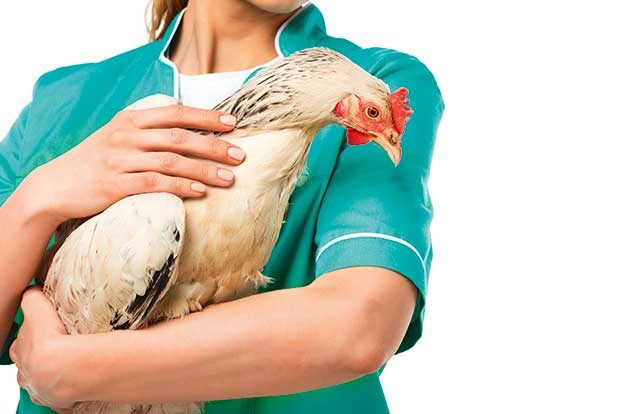
Dose: The best option is to use soluble aspirin (brand name Disprin in New Zealand) in a small amount of water. Call your vet to get an adequate dose rate for your bird as it will depend on their weight.
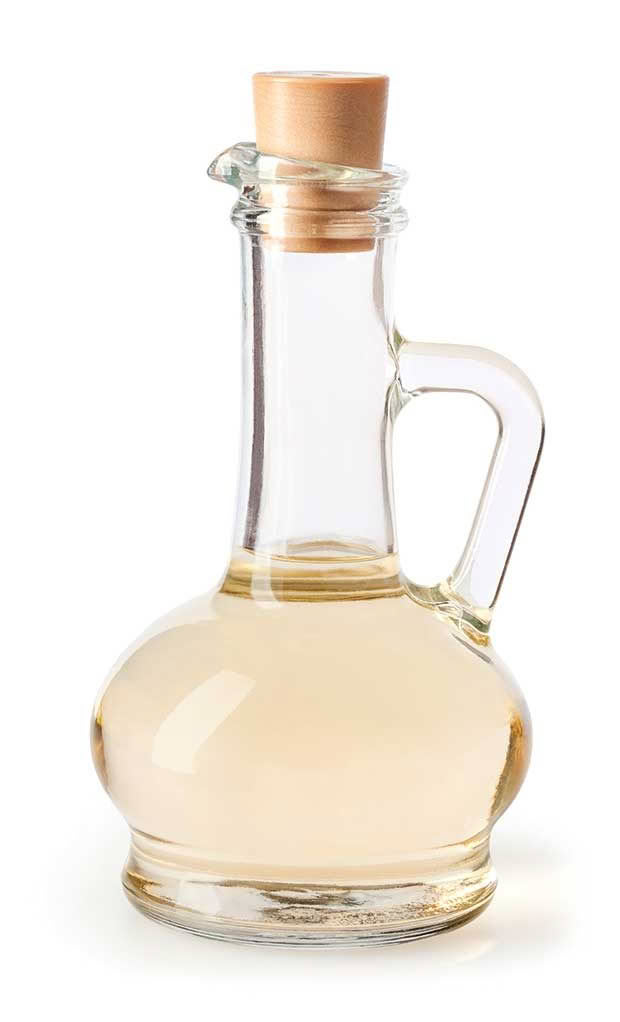
Caution: don’t administer aspirin to a bird receiving tetracycline, insulin, allopurinol or other NSAID drugs.
2. CIDER OR WHITE VINEGAR
Action: acidifies sour crop; can kill pH-sensitive bacteria (bad and good); astringent for clearing mucous in throat
The ingredient that makes vinegar useful is acetic acid. It lowers the pH or acidity level, killing some types of bacteria (good and bad). It can be used as an astringent to help clear mucous in the throat of a bird with a respiratory disease.
It can acidify crop contents in a case of sour crop. It may help in cases of enteritis, but never use it for more than 2-3 days. It can help to inhibit the growth of micro-organisms in the gut and improve feed utilisation.
Dose: 2ml of 10% (‘cleaning’) vinegar to 2 litres of water. Offer for 2-3 days in a row per month (routine), and for 2-3 days when a bird has enteritis.
Warning: never offer birds undiluted vinegar as it can burn their throats and digestive system.
3. MOLASSES SOLUTION
Action: laxative, mineral supplement
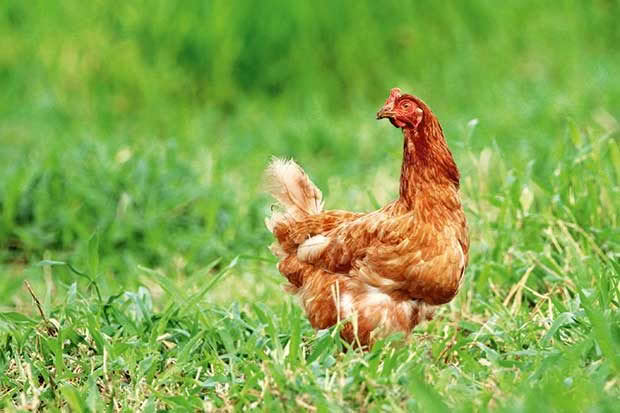
Adding molasses to drinking water can have a laxative effect, flushing the gut if a bird eats a toxic substance, or if it has scouring caused by a bacterial infection.
Dose: dissolve 50ml of molasses in 2 litres of water; offer to affected birds over 4 hours, then replace with fresh water. Treat birds individually if they won’t drink.
Also offer free choice (in addition to fresh water) over a week as it contains some beneficial minerals that are lost during periods of diarrhoea.
4. SUCROSE SOLUTION
Action: energy supplement
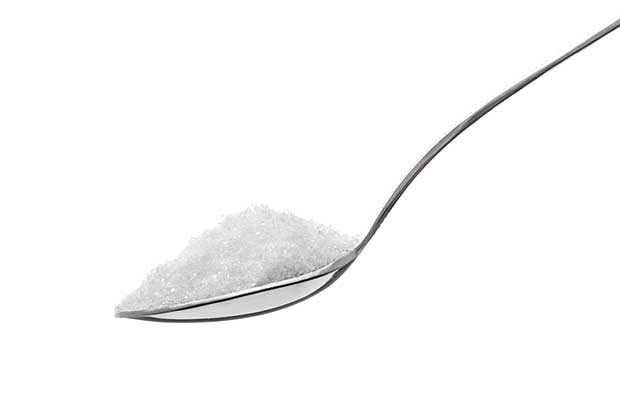
Beneficial to newly-hatched chicks, especially those that have had a prolonged hatching period, or travelled from a hatchery. An easily-absorbed energy source to help revive sick and injured birds.
Dose: 8% sugar solution (28g of sugar dissolved in 400ml water). If you have it, glucose is more easily absorbed; honey can also be used.
5. SUGAR OR HONEY
Action: reduces swelling
Sugar and honey can be used on the swollen tissue of a prolapse, to reduce swelling by drawing fluid out, allowing it to be (gently) pushed back inside the vent.
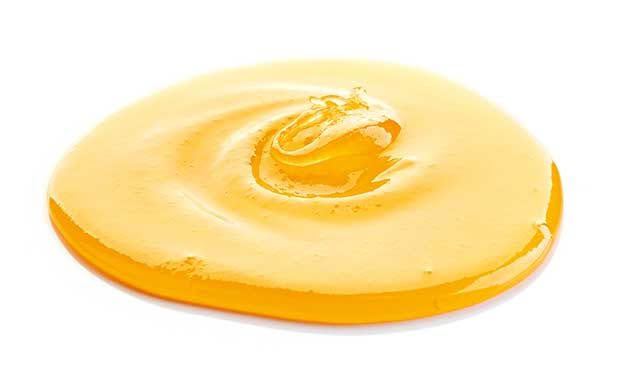
Dose: sprinkle a layer of granulated sugar or smear honey on the prolapse. You may need to wait an hour or so for the swelling to go down so keep the patient still and quiet during this time. Ointment used for human haemorrhoids (piles) can also reduce the swelling of a prolapse.
Sue’s tip
If a bird has an area of skin that is being pecked by other birds, mix some tea tree oil into petroleum jelly, then apply to the skin. It can help prevent injury by repelling the attacking birds.
6. ELECTROLYTES
Action: to restore levels of electrolytes (eg, sodium, potassium), hydration
Electrolytes help birds recover from stress. This could be due to transport and rehousing in a new flock, if a bird is not eating due to illness, has diarrhoea, is over-heated, or if they’ve not had access to water.
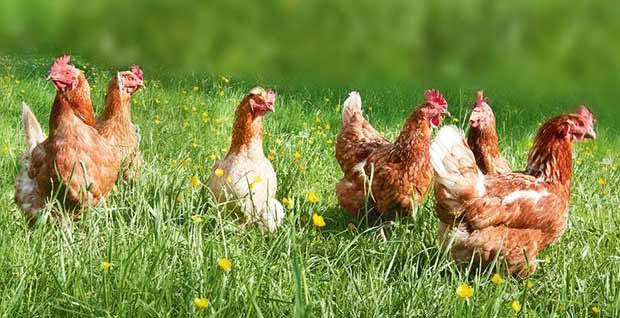
Dose: you can buy ready-mixed avian electrolytes like Poly-Aid Plus from a vet or pet store. You could use electrolytes for people or other livestock, or make your own if you have the right ingredients (see below). Use in place of water for one week. Feed should be available at all times.
How to make an electrolyte mix
INGREDIENTS
⅓ tsp potassium chloride
½ tsp sodium bicarbonate (baking soda)
1 tsp sodium chloride (salt)
METHOD
Dissolve in 1 litre of water. Use in place of water for one week.
Love this story? Subscribe now!
 This article first appeared in NZ Lifestyle Block Magazine.
This article first appeared in NZ Lifestyle Block Magazine.
